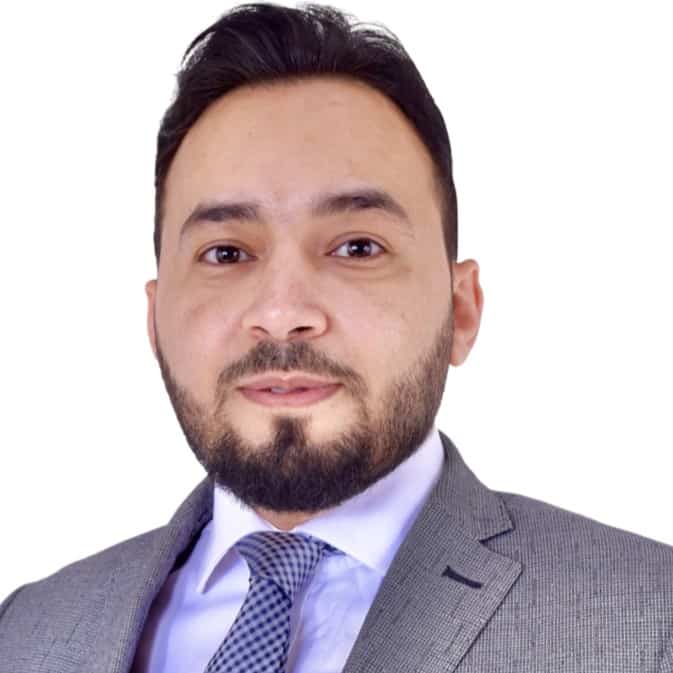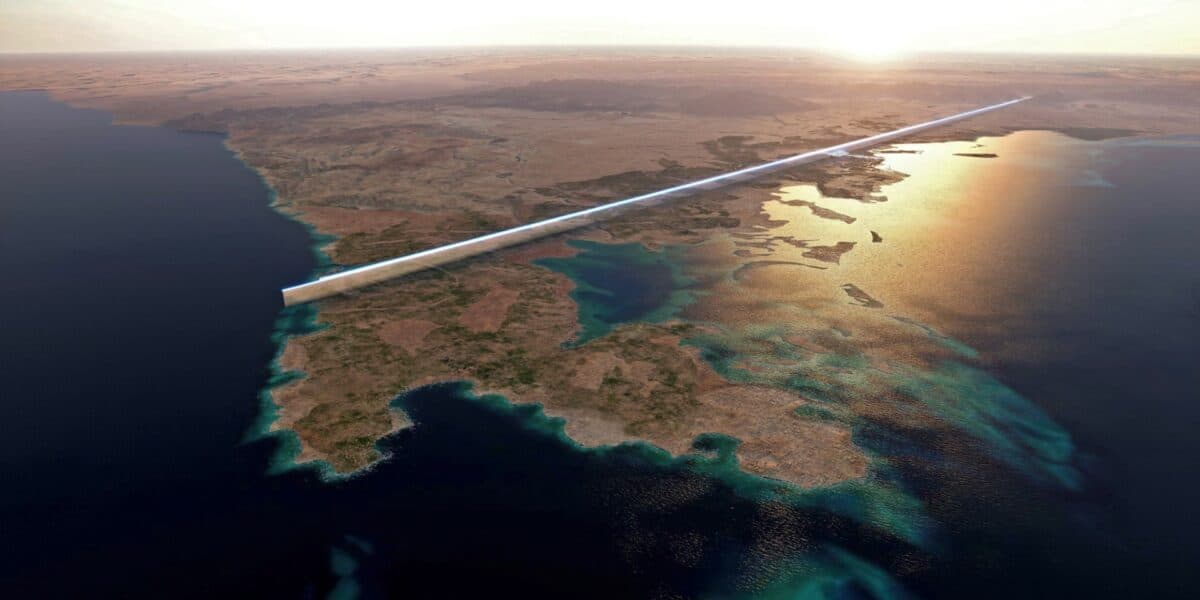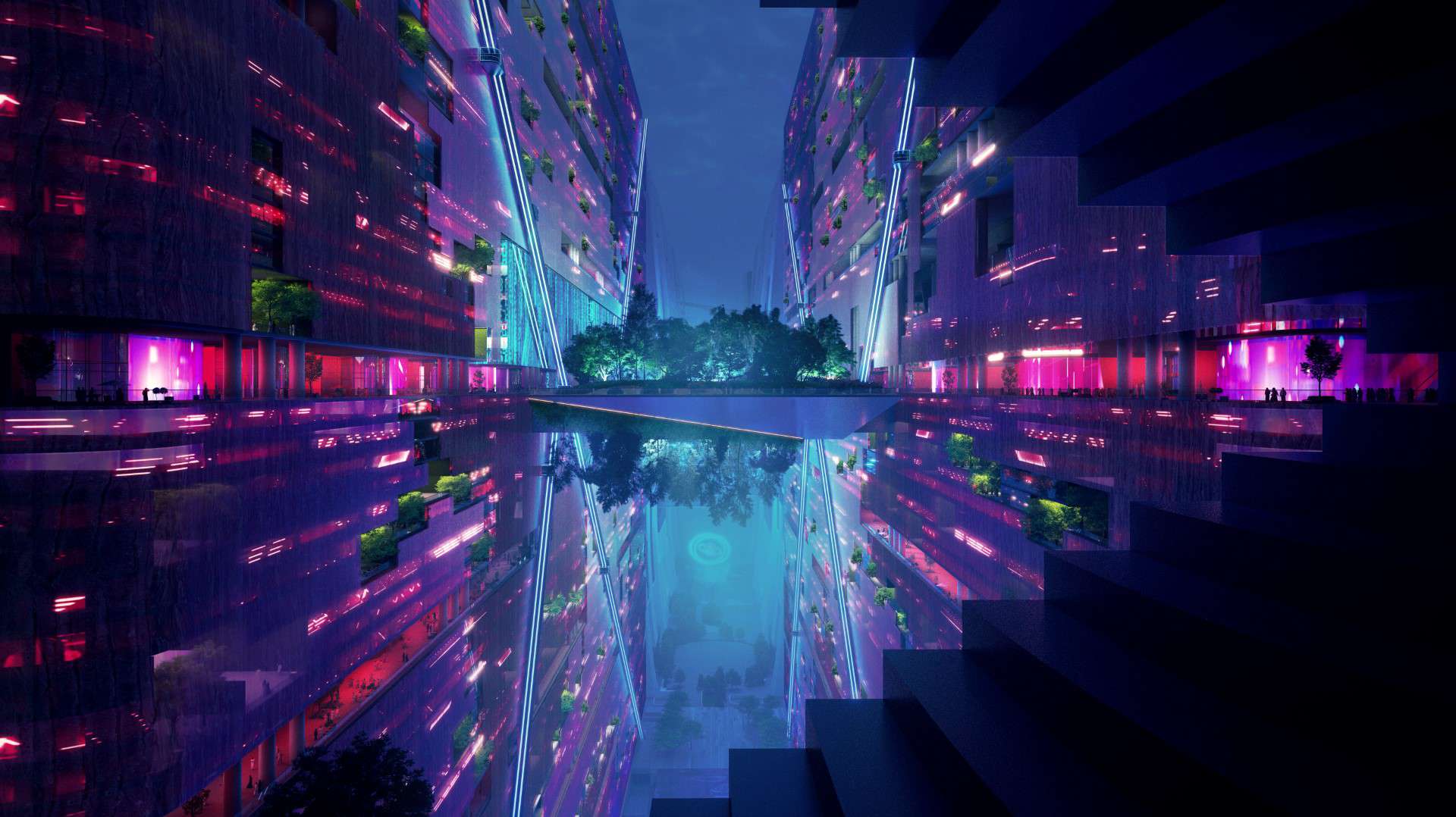RIYADH, Saudi Arabia — As smart cities are being planned across the GCC to make the region more sustainable, integrating smart roads and sustainable construction requires a high level of technical proficiency, including data analytics, sensor technologies, and software development skills, said a Riyadh-based expert.
“Creating a local workforce with these abilities can take time, and many GCC companies rely on foreign expertise to undertake these initiatives,” Ahmed Sayed, Middle East Business Development Director for ACCIONA Transports Solutions, pointed out.
NEOM, the first residential complex spanning 170 kilometers along the Arabian Peninsula, for example has come up with a new such project, The Line.
The Line is a 500-meter-tall mirror facade for the world’s first smart city dedicated to 9 million people without cars or emissions and powered by 100 percent renewable energy.
The smart city is a belt of communities that put people first, promoting cohabitation with surrounding nature, and is free of highways, automobiles, and pollution. The Line’s design is surprising, and it is a 200-meter-wide, 170-kilometer-long, 500-meter-above-sea-level reflective facade.
Sayed highlighted that smart roads are a vital component of smart cities, which use modern technology to enhance road safety, traffic management, and the driving experience.
“Smart roads are intended to make transportation more accessible, efficient, and environmentally friendly. They use recycled materials in road construction to minimize waste and reduce the demand for raw resources,” he added.

Sensor-equipped highways, he said, allow smart roads to gather feedback and increasing amounts of data about themselves and vehicles to optimize maintenance, manage traffic, and improve safety for drivers.
Artificial Intelligence (AI) systems improve the detection and response to accidents, while reducing human error, leading to a more efficient and safer road traffic system, Sayed pointed out.
Implementing smart roads requires advanced sensor technology to detect traffic flow, weather conditions, and other parameters. Intelligent traffic management systems are needed to collect sensor data and make real-time decisions based on the information gathered.
Renewable energy sources, like solar panels, are used to power smart road infrastructure. Electric vehicle charging stations are also necessary to accommodate the growing number of electric cars on the road.

Sayed said the smart roads offer numerous benefits, including reducing carbon emissions, enhancing urban air quality, improving road safety, creating new jobs, promoting more efficient mobility, and reducing congestion.
Smart roads can save money by lowering the need for conventional road maintenance, enhancing fuel efficiency, and minimizing accidents and their associated expenses, he added.
However, the harsh climate conditions in the GCC region, including high temperatures and humidity, can also make it challenging to employ sustainable construction approaches, Sayed pointed out. Sustainable construction materials and technology might be challenging to acquire in terms of cost or accessibility.
“These obstacles are not specific to the GCC region and are encountered by numerous other nations when implementing smart roads and sustainable construction projects,” he added.








